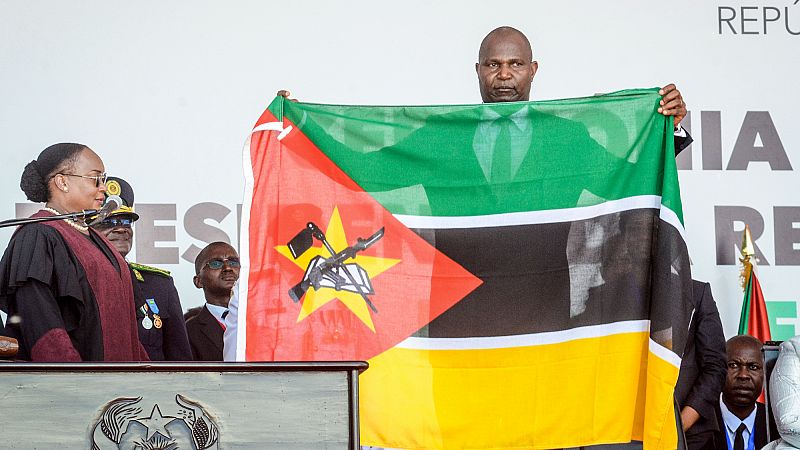Mozambique's parliament approves landmark law to restore peace

Mozambique’s parliament has unanimously approved a new law aimed at fostering national dialogue and political reconciliation, marking a significant step toward restoring stability in the country. The legislation, which includes constitutional revisions and changes to presidential powers, is part of a broader peace agreement signed on March 5 between President Daniel Chapo and all political parties.
A Unanimous Vote for Peace
The proposed law received overwhelming support from all four parliamentary benches, with the ruling Mozambique Liberation Front (Frelimo) emphasizing its role in strengthening democracy.
“With this approval, our legislature has a historic opportunity to contribute to Mozambique’s renewal and put the interests of its people first,” said the leader of Frelimo’s parliamentary group.
Feliz Sílvia, another Frelimo representative, highlighted the law’s importance in fostering trust between political actors, increasing predictability in governance, and reducing instability.
Mixed Reactions from Opposition Parties
While the law’s approval marks a milestone, opposition parties expressed concerns about the timing and intent behind the initiative. The Democratic Movement of Mozambique (MDM) welcomed the law but criticized the government for acting too late.
“Yes, we warned about the dangers of fraudulent elections. Unfortunately, it took months of protests and bloodshed before those in power realized that democracy cannot be sustained by force,” said MDM leader Fernando Bismarque.
Podemos, the second-largest opposition force, called the agreement a "turning point" and a "gesture of reconciliation," urging the government to ensure inclusivity and institutional conflict resolution.
“The state must decentralize its listening and centralize its response. Young people should be political participants, not just electoral tools,” said Podemos leader Sebastião Mussanhane.
Renamo’s Skepticism and Warnings
The Mozambican National Resistance (Renamo) was more critical, citing a history of unfulfilled agreements.
“Political instability stems from election fraud and post-election conflicts, where the ruling regime uses state power and security forces to suppress dissent,” said Renamo’s parliamentary leader Jerónimo Malagueta.
He warned that the agreement should not serve as a temporary tactic to buy time for further repression, calling for the release of demonstrators arrested during recent protests.
A Constitutional Overhaul
The law sets three main objectives for constitutional reform: restructuring the state, depoliticizing institutions, and decentralizing political, economic, and financial power. Key changes will include modifications to presidential authority and the governance framework.
The move follows recent protests led by former presidential candidate Venâncio Mondlane, who continues to dispute the results of the October 9 general elections. Five months of demonstrations have left approximately 360 people dead. However, Mondlane and President Chapo held their first official meeting on March 23, signaling a potential breakthrough in easing political tensions.
Today

